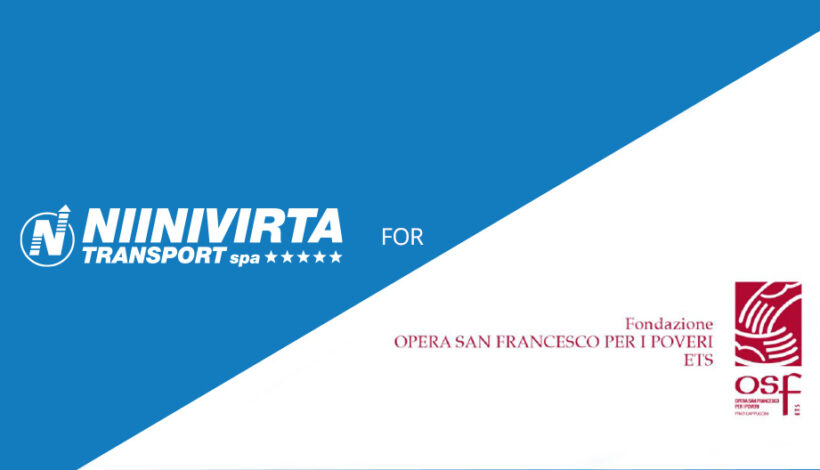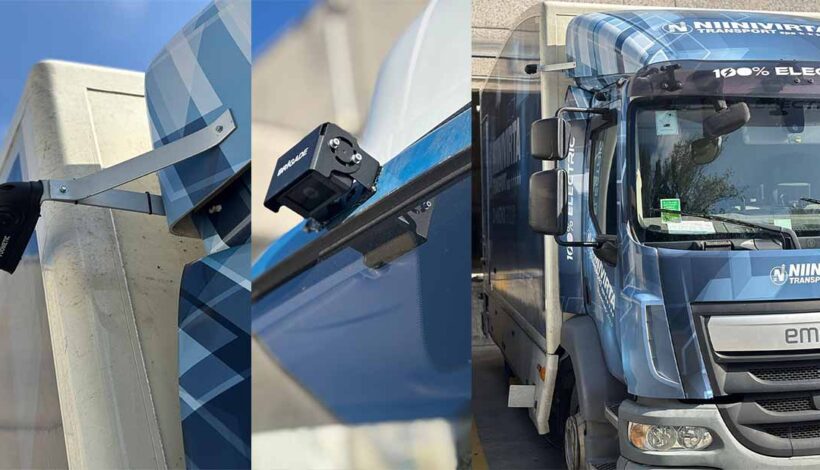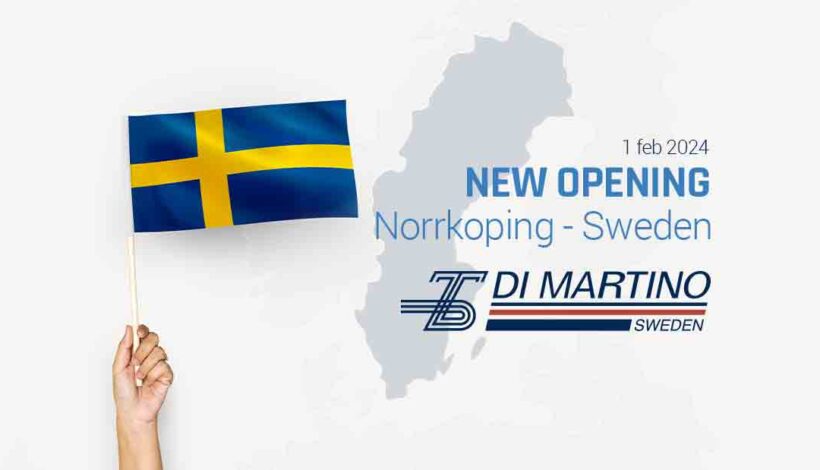Niinivirta, along with 55 other companies, has officially joined the initiative launched by the City of Milan, the Alliance for Air and Climate.
Milan, March 3, 2025
A total of 56 micro, small, medium, and large enterprises have responded to the call launched by the City of Milan last November to officially join the Alliance for Air and Climate, which promotes continuous and structured collaboration between the Municipality and businesses in Milan to jointly implement the commitments of the Air and Climate Plan.
The businesses, now ‘allied’ with the Administration towards common goals for a more livable and sustainable Milan, were presented today to the city in Sala Alessi, Palazzo Marino, in the presence of the Mayor of Milan Giuseppe Sala and the Councilor for Environment and Green Elena Grandi.
“The start of the pilot year for the activities of the Alliance for Air and Climate – commented Mayor Giuseppe Sala – is a source of pride for all the organizations involved: for the companies that have chosen to get involved by adopting policies in line with the city’s Air and Climate Plan, and especially for the municipal administration, which is adding an important piece to the ecological transition journey that our city has been pursuing for some time. I thank the 56 organizations that have embraced the meaning of this initiative and who, starting today, will walk alongside us to fully implement the commitments the Administration has made in favor of air quality, climate, and the well-being of our citizens.”
By joining the Alliance, the businesses have committed to initiatives and actions (either voluntary to be carried out at the company level, or chosen from the actions identified in the Administration’s portfolio) that contribute to improving air quality, adopting measures to adapt to climate change, reducing emissions, and raising awareness on these issues. The areas of action for the businesses’ initiatives include energy saving and efficiency, self-production and/or use of renewable energy; adaptation to extreme events, circular economy; air quality, mobility, green space and permeable soil enhancement, and spreading greater awareness on environmental sustainability through training, awareness, and communication events.
To date, 21 large companies, 8 medium-sized companies, 12 small companies, and 15 micro companies have joined the Alliance for Air and Climate. These include: 2G NanoTech srl, A2A Life Company, Abitare Società Cooperativa, Adecco Italia S.p.A., Ambiente Italia Srl, Ampere Transition srl, Atlante, ATM S.p.A., AWorld Srl SB, Biotitan Nanotechnology, Bricocenter Italia, Camera Arbitrale di Milano, Carbotermo, Cariplo Factory, Cascina Sella Nuova Naturalmente CSN Impresa Sociale, Deloitte Italia, DT4 Srlb, and Technology Masters’ srl, EDERA, ERM Italia SpA, FOUR Sustainable Logistics, Frigerio Viaggi Srl, Green Media Lab Srl SB, Gruppo CAP, Havas Network, HENKEL, HPC Italia S.r.l., Il Sole 24 Ore SpA, InVento Innovation Lab, Leroy Merlin Italia, L’Oréal Italia Spa, Mai Tai eventi, MAIRE, Montana S.p.A., MUGO, Nexta Project Development S.r.l., Niinivirta Transport Spa – Gruppo F.lli Di Martino, OMNICOM MEDIA GROUP SRL, PRC Elettronica Srl, REair, Renerit Srl, Re-Solution Hub S.r.l. Società Benefit, Ribes Tech, Ricehouse srl SB, Scalapay IP SpA, Schinasi Insurance Brokers Srl, ScuolaOnline SRL, Siemens SpA, SILEA SRL, Siram Veolia, Taua Srl Società Benefit, TEKNE SPA SB, The Boston Consulting Group, UPS Italia S.r.L., Up2You, WSP Italia s.r.l.
Here is the official press release…
https://www.comune.milano.it/-/ambiente.-oltre-50-aziende-aderiscono-all-alleanza-per-l-aria-e-il-clima




